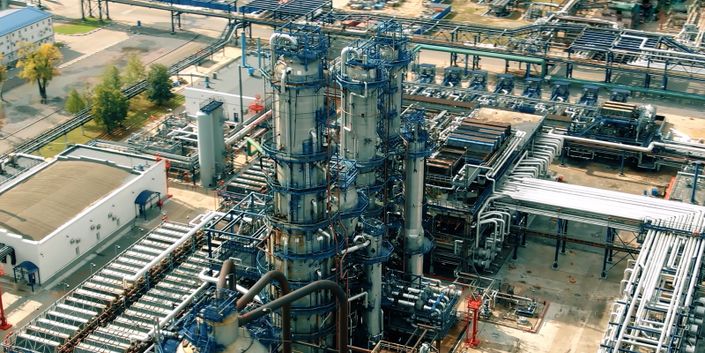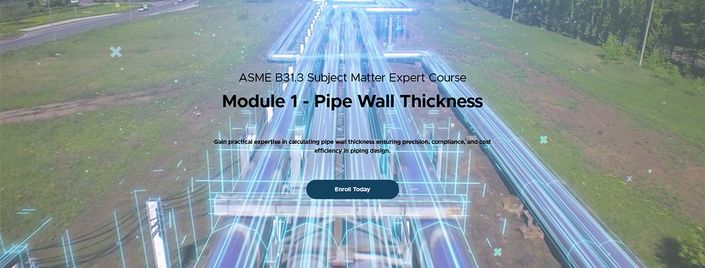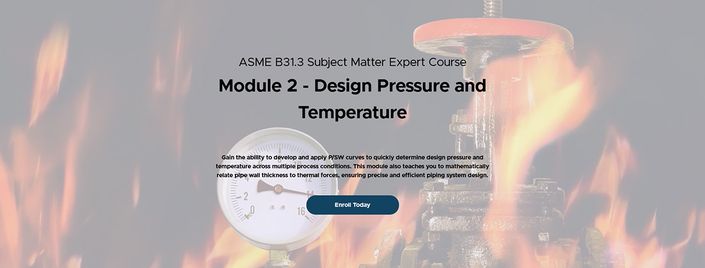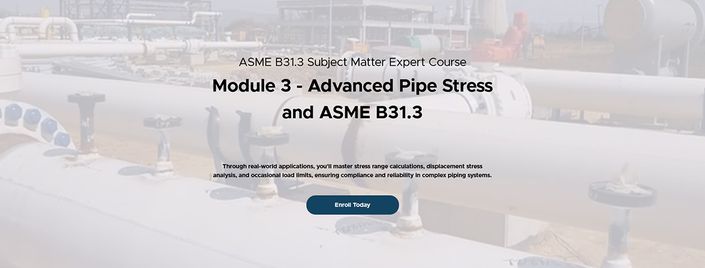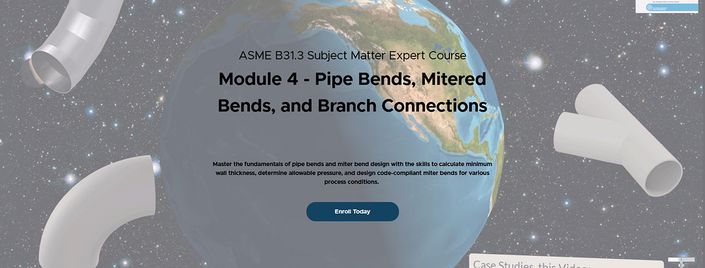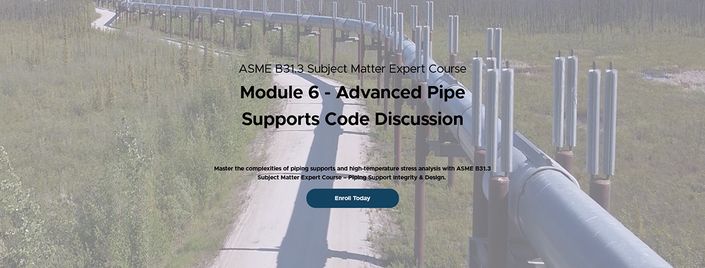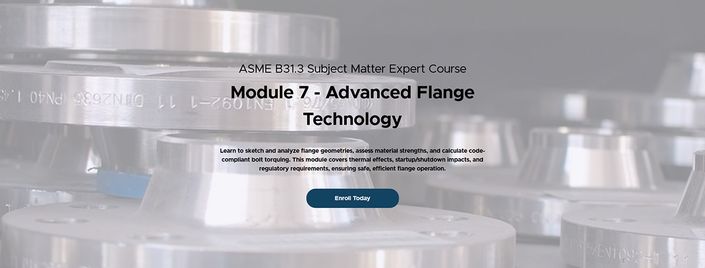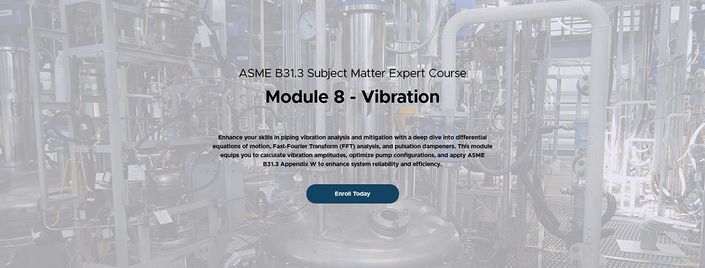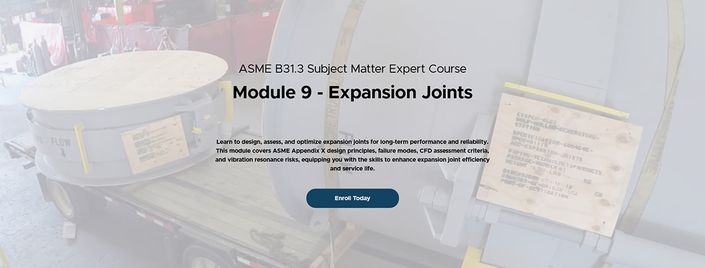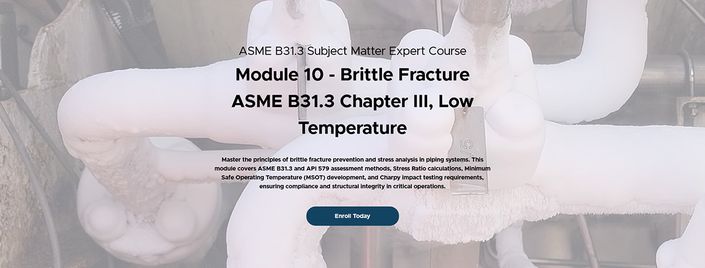
Module Description
This module provides a comprehensive understanding of hydrogen piping design, focusing on code compliance, embrittlement mitigation, and material selection. Students will learn to differentiate between ASME B31.3 and B31.12 for hydrogen service, identify hydrogen embrittlement and blistering mechanisms, and analyze high-temperature hydrogen attack (HTHA) using API 941 guidelines. The course explores metal lattice structures, strain rates, and key design constraints to prevent hydrogen-related failures. By the end, students will be equipped to review, design, and ensure the integrity of hydrogen piping systems in various process conditions.
Learning Objectives
After completion of this course, the student will earn One (1) PE/PDH Credit towards being a Subject Matter Expert (SME).
When the student completes Module Five: Hydrogen Technology, the student will be able to:
- Identify the color of a pre-specified hydrogen processing methodology.
- Determine the appropriate code, either ASME B31.3 or B31.12, for a specified hydrogen
service, as applicable. - Review a specified hydrogen piping system design under 200° C to list the hydrogen
embrittlement mitigation method to be used. - List five design constraints required for a code compliant hydrogen piping system that will
resist hydrogen embrittlement attack. - List two factors associated with the metal lattice of carbon steel vs stainless steel and
verify graphically that a given carbon steel hydrogen piping system accounts for these
factors. - Graphically depict the High Temperature Hydrogen Attack mechanisms that may be in play.
-
Will list five critical reference materials for SME-level hydrogen consulting and design.
Meet Your Instructor
Subject Matter Expert: Rotating Equipment, Vibration, Fatigue, and Fracture Mechanics
Launch Special: Enroll in the full course for $1,995
(over $500 in savings).
Offer expires May 2, 2025
Our Other On-Demand Technical Courses
Advance your skills and set yourself apart in the industry.


